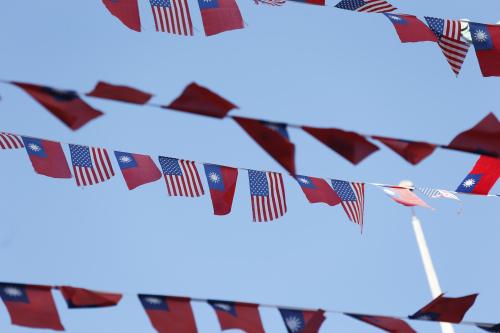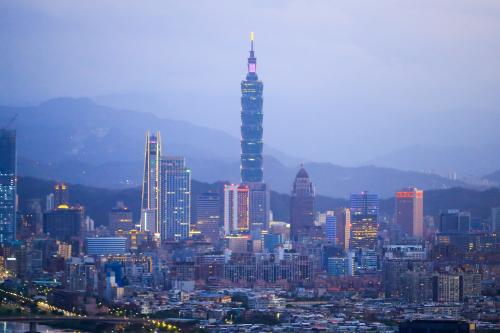

8:30 am EDT - 9:30 am EDT
Past Event
While much of the international media focus relating to Taiwan has been on rising cross-Strait tensions, the steady development of U.S.-Taiwan relations has commanded relatively less attention. What factors have enabled this development of U.S.-Taiwan relations? How durable is the trend? And how widely shared is the view in Washington and Taipei that strengthening U.S.-Taiwan relations are beneficial for each side’s long-term interests?
On October 12, the Center for East Asia Policy Studies at the Brookings Institution hosted a group of experts to examine how politics is impacting policy in Washington and Taipei and what the implications are for U.S.-Taiwan relations. The panelists analyzed President Tsai’s annual October 10 speech and also took stock of politically salient issues in the United States and Taiwan that could influence the relationship going forward.
Viewers submitted questions via e-mail to [email protected] or via Twitter at #USTaiwan.
Moderator

Discussant



Ryan Hass
March 18, 2024

Ryan Hass
September 18, 2023

Ryan Hass
July 24, 2023